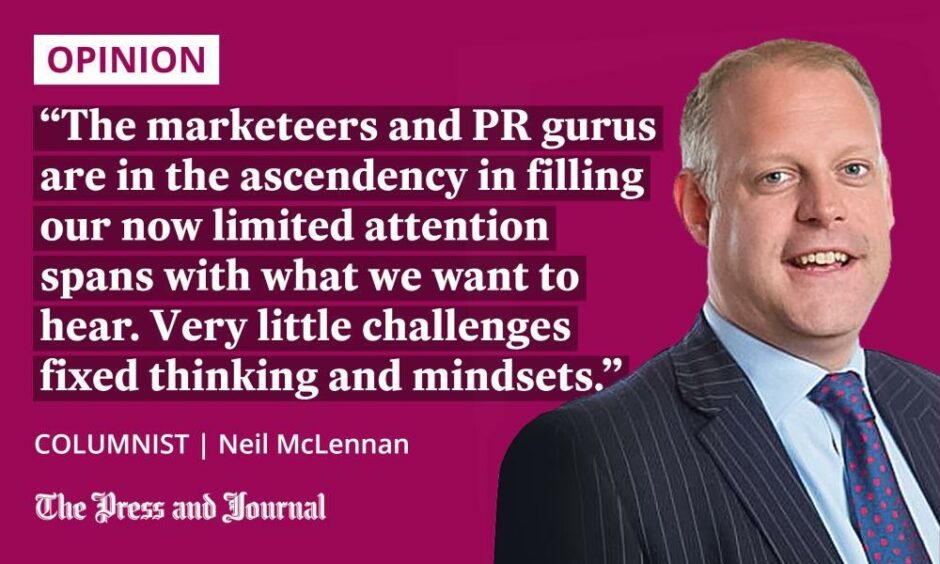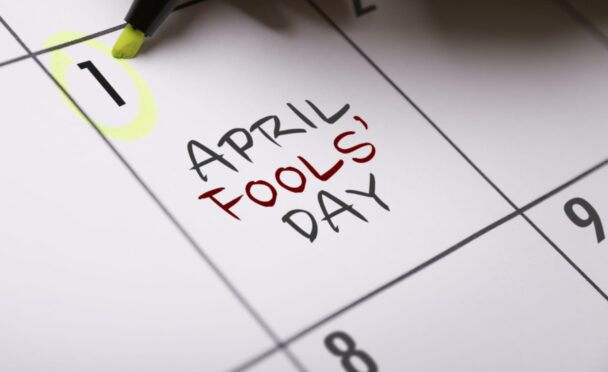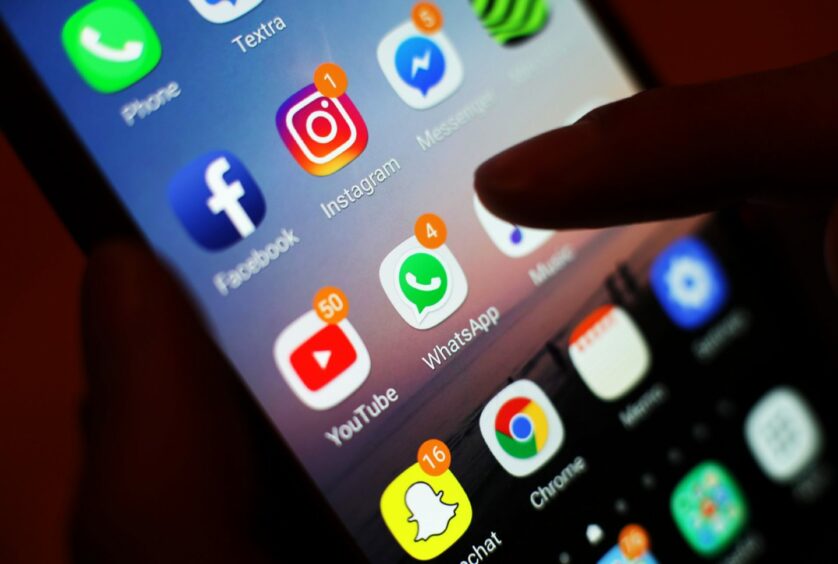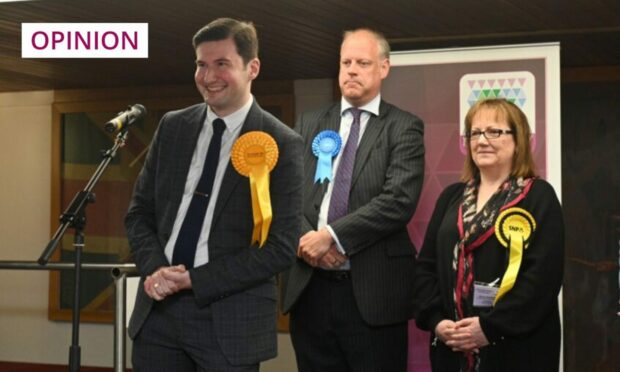It’s April Fool’s Day. In a post-truth, unthinking world it may be said that this should be 365 days of the year.
I remember an experience which sums up critical thought, or lack of it. I was an attendee at an inspiring leadership programme for young professionals. We were burrowed away in a hotel for a week together. There we discussed some of the most significant national and global issues and produced thoughts on solutions to the world’s woes.
As part of the programme each participant must prepare a speech in advance of attending. That speech is to be no more than five minutes long and is to answer any question the participant wishes – puzzling, insightful or topical.
One of the most amusing speeches during my time on the programme came from an attendee who now occupies a senior government role. His speech told us that an international Olympics committee had just approved “the super Olympics.” At these unique Games no limits would be put in place. Athletes could use all the performance enhancing drugs they liked and all rules were off. It was expected that viewers would see sub six second 100-metre sprint records being set. Moreover, there was to be horse racing with the jockey’s carrying the horse around the track.

Around the meeting room was a mixture of people splitting their sides and others looking on in wonder at what was being announced. And then the speaker hit the audience with his overarching question; “Why are people so gullible?”
It is an apt question indeed. In the modern world so many take so much at face value without critique, critical thought or candid consideration. We live in an area of quick messaging, believing easily and limited questioning.
We must keep a close eye on the oppressors and their tactics
And so how do we get closer to a world of deeper and more multi-perspective understanding of those around us and the complex issues our lives and the world faces?
It is becoming all the more difficult in a media world of marketing and political world of propaganda. The marketeers and PR gurus are in the ascendency in filling our now limited attention spans with what we want to hear. Very little challenges fixed thinking and mindsets.
Evidence goes nowhere and the truth always comes out – especially for those willing to look for it.
Universities should be spaces where a bulwark is put up against the thought-police, a voice against power and criminal control, and opening up narrow lenses. However even universities have slipped in places. Politicians have attempted to control their governance, markets have restricted them to business models that follow the money not the material that matters, and a managerial class have edged out anything that may be seen as controversial.
Recent news stories about Edinburgh University’s reliance on Chinese students has concerned some; and moreover the emergent assaults on academic’s freedom worry many. Academics are supposed to have “academic freedom” protected in law. But in a world of diminishing returns and narrow margins, some university leaders are prepared to sell their soul (and the soul of others) in the interest of commercial transactions over any moral imperative.
Professor Kathleen Stock of Sussex University was forced to resign after students complained about her work on transgender self-identification. Whilst Sussex University defended her academic freedoms, she resigned following the well-publicised incident. She described a culture of fear and self-censorship in British universities.
My former trade union @UCU has a motion at congress proposing to "congratulate Sussex UCU for their solidarity with student protests against "gender critical" views". https://t.co/pNa3MKWHmS pic.twitter.com/PwDA8F83Ds
— Kathleen Stock (@Docstockk) March 30, 2022
Once that space has gone – we are left with little else. The Dystopian nightmare of Orwell’s ‘Nineteen Eighty-Four’ will have been enacted. And that is why we need to keep a close eye on the oppressors and their tactics.
We must challenge incorrect media messages
Media messages need to be considered and challenged where factually incorrect, inappropriate behaviours noted and challenged, human rights and freedoms protected; and attempts at ‘DARVO’ called out. This was a new phrase on me – “Deny, Attack, Reverse Victim & Offender”, the well-used tactics of oppressors called out for their harassment. We see it all too often when those who are evidenced for wrongdoing, try to turn the tables in a last-ditch act of personal professional protectionism.
The one positive in the modern world is the way in which evidence trails exist. They are perhaps stronger than ever, with email exchanges and records easier to hold, protect and share. Evidence goes nowhere and the truth always comes out – especially for those willing to look for it.
Eric Hoffer said: “In times of change, learners inherit the earth, whilst the learned find themselves beautifully equipped to deal with a world that no longer exists.”
That reminds me of William Golding’s “The Inheritors” – charting the extinction of the last remaining Neanderthal tribes by the more sophisticated Homo sapiens. Sadly, those Homo sapiens are not the “wise men” the Latin definition implies. They have become the modern fools. Arise the Homo Doctrina. That will take significant changes before that happens.
Meantime, on a daily basis let’s try to make sure we are not taken for fools.
Neil McLennan writes in a personal capacity. He is a Burgess of Aberdeen and has supported every aspect of education in the north-east






